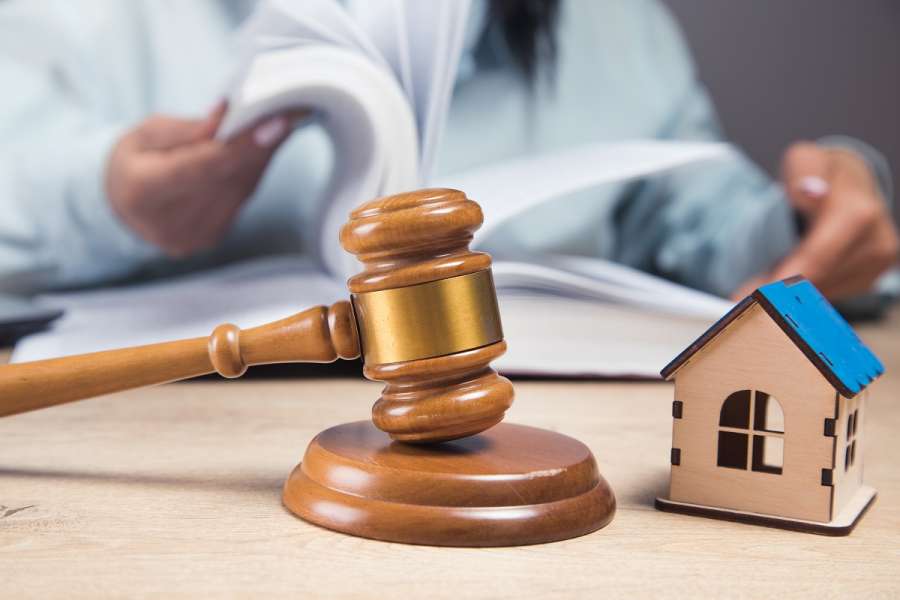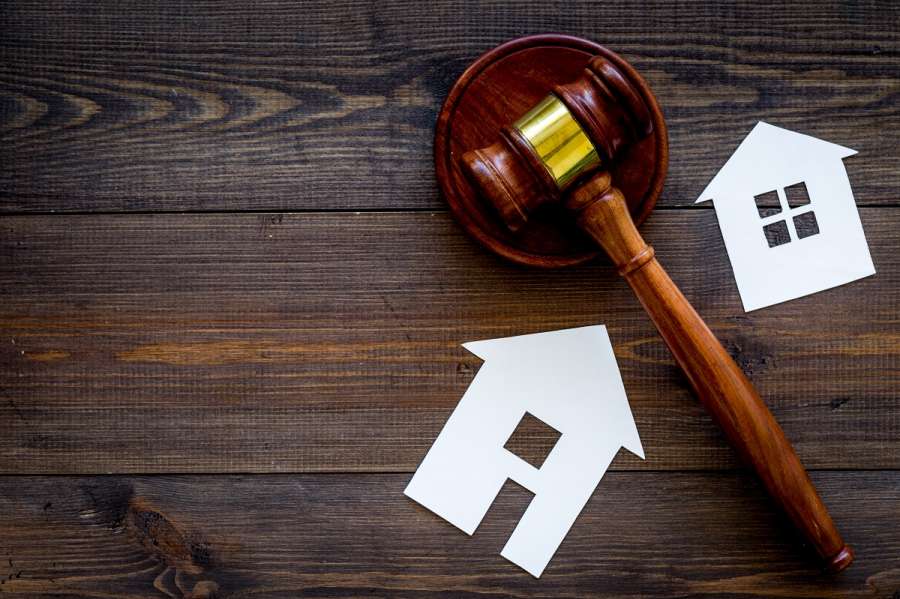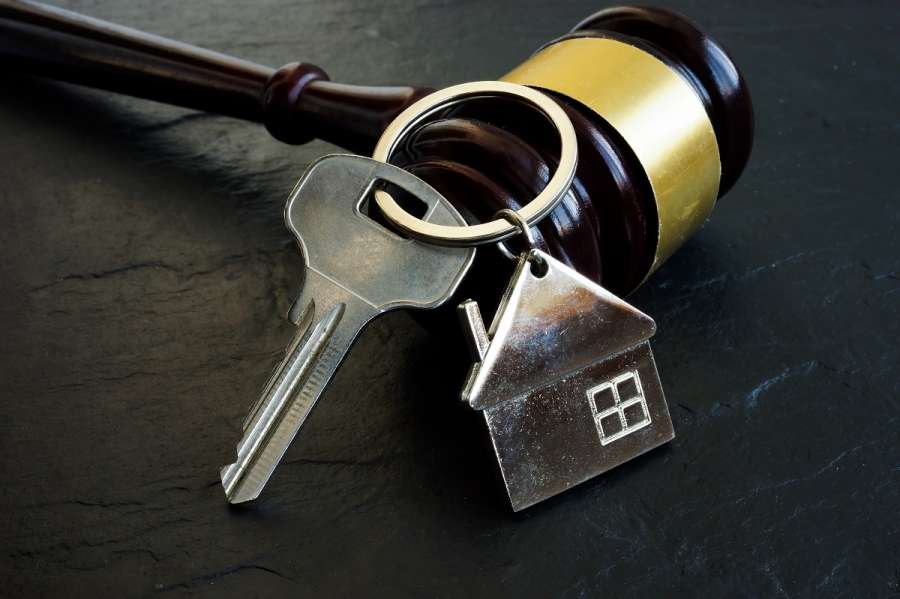There are instances where the owner of a property is unknown, making it difficult to determine how the property should be dealt with, especially from the viewpoint of a prospective buyer.
In such circumstances, the first step to identifying a property owner in England is to search the index map ("SIM") at the Land Registry.
This search is relatively inexpensive and can be conducted online using a plan of the property and an indicative address. The search results are usually available within three to four working days.
The Land Registry maintains a record of all registered land and property in England, and a SIM search may reveal the registered title to the property.
This, in turn, enables you to download an official copy of the title register and identify the name and correspondence address of the registered owner of the property.






